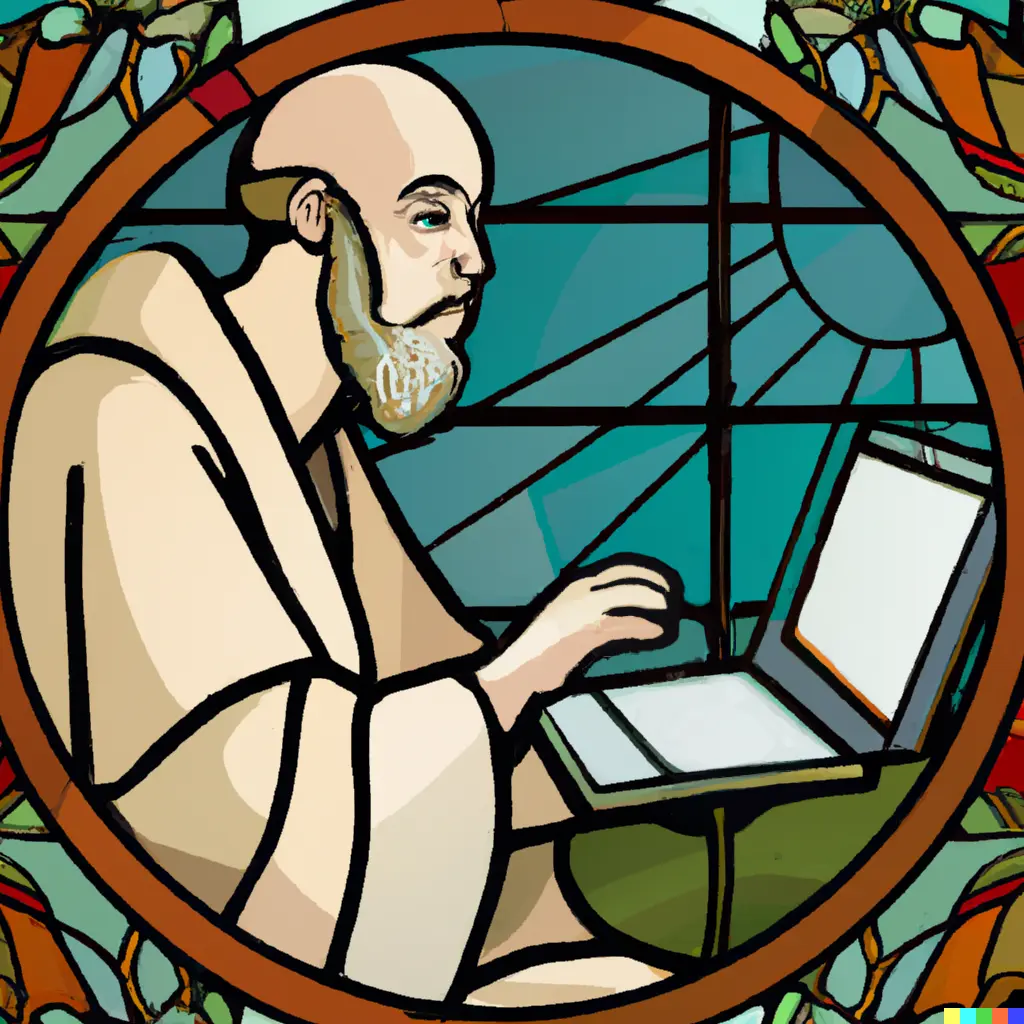Tenure, academic publishing, and open source software
Earlier this year, my grandfather—an emeritus professor at the University of Wisconsin-Madison—received in the mail a royalty check for one of his books. This check, mailed half-way around the world, was for a grand total of six dollars and some odd cents, a fairly typical royalty check for an academic text.
This is all a bit weird. Why did he write the book in the first place, if that’s what he gets paid for it? Why do academics in general ever write books, journal articles, and suchlike? Certainly not for the huge royalty checks, that’s for sure. No matter how good your book is, the royalties are going to round to zero.
The real answer is: that’s the job, that’s what you get paid a salary for. In academia, as in most salaried jobs, the incentive to do the work isn’t a commission on each unit of work done, but rather a fixed amount each month. Part of what a university pays an academic to do is to teach, part is to do research, and part is to write their research up and publish it.
But wait, what about tenure? Academia isn’t quite like other jobs; a tenured professor cannot be fired, no matter how many books or articles he or she writes or doesn’t write. It’s a lot of hard work to write and publish a book, and the salary is the same either way—so why would you bother?
Answer: universities give tenure only to those people who they think are the type to teach, write, and publish regardless! You don’t become a tenured professor unless your employer thinks you’re the sort of person who’d continue doing (and publishing) research post-tenure. Not that universities are perfect at picking out this sort of person; occasionally (perhaps often) someone will get tenure and then more or less stop doing any real work. But quite a few professors do in fact keep working even though they probably could get away with much less (which proves that the tenure committees aren’t always wrong, and in fact are often right.)
This may sound weird, but it seems to work! If you really love your field of research, it would be hard to stop you from studying it and writing about it. If even a team of wild horses couldn’t drag you away from it, a mere lack of direct financial incentive certainly isn’t up to snuff. Your university can just give you money and say “go”, trusting that you’ll hold up your end of the deal, despite the fact that you’ll be drawing the same salary regardless of how much work you actually put in.
Open source software is a surprisingly large percentage of the software that runs the world, and yet those who write and maintain open source software usually make roughly the same amount of money off of it that an academic makes from his or her book royalties: approximately zero. And yet the software gets written, bugs get fixed, and features added, all by software developers who typically have a day job that doesn’t pay them a dime extra for doing open source on the side.

The analogy to academia makes it clear what’s going on. Software developers are given some responsibilities by their employers, but for many (though not all) the pull of open source is so strong you couldn’t drag them away from it if you tried. Yes, for most it’s not explicitly part of the job description—but insofar as those in charge of hiring take open source contributions into account (and they do), the cause of a software developer being paid a salary is in part conditioned on open source work.
Yes, that condition is exclusively a priori, in the sense that a software developer is almost certainly not going to be fired if they stop doing their open source work. That’s no different from an academic, whose tenure means that they won’t be fired even if they stop doing research; although software developers don’t have tenure per se, you can model them as having tenure specifically for the part of the work which is related to open source. (Imagine a world not quite so dissimilar to ours, in which a professor’s tenure only protected their research and not, say, their teaching; so that they could be fired for not teaching well enough but not for their research or lack thereof—that’s the equivalent of what the software world has.)
Just as a professor’s salary is actually what pays for his or her research and publications, even if indirectly (and despite that they have full discretion to decide not only what research to do, but how much) the same is true for software developers and open source work. Despite certain complaints that open source isn’t funded enough, it’s actually about as well-funded as anything could possibly be: legions of highly talented people are very well-paid (far more than what professors are paid, that’s for sure) in part to build and maintain it. That software developers enjoy tenure-like quasi-protections with regards to their open source work is hardly them being exploited; tenure is if anything an extremely favorable perk.